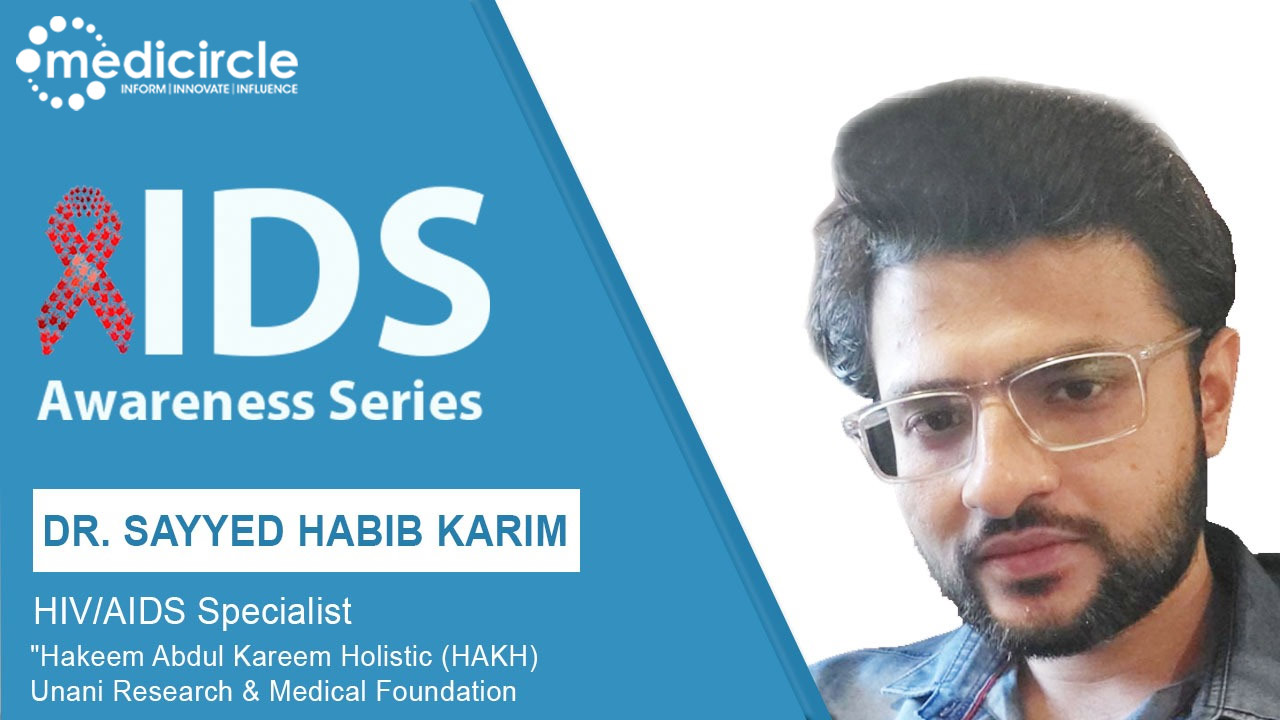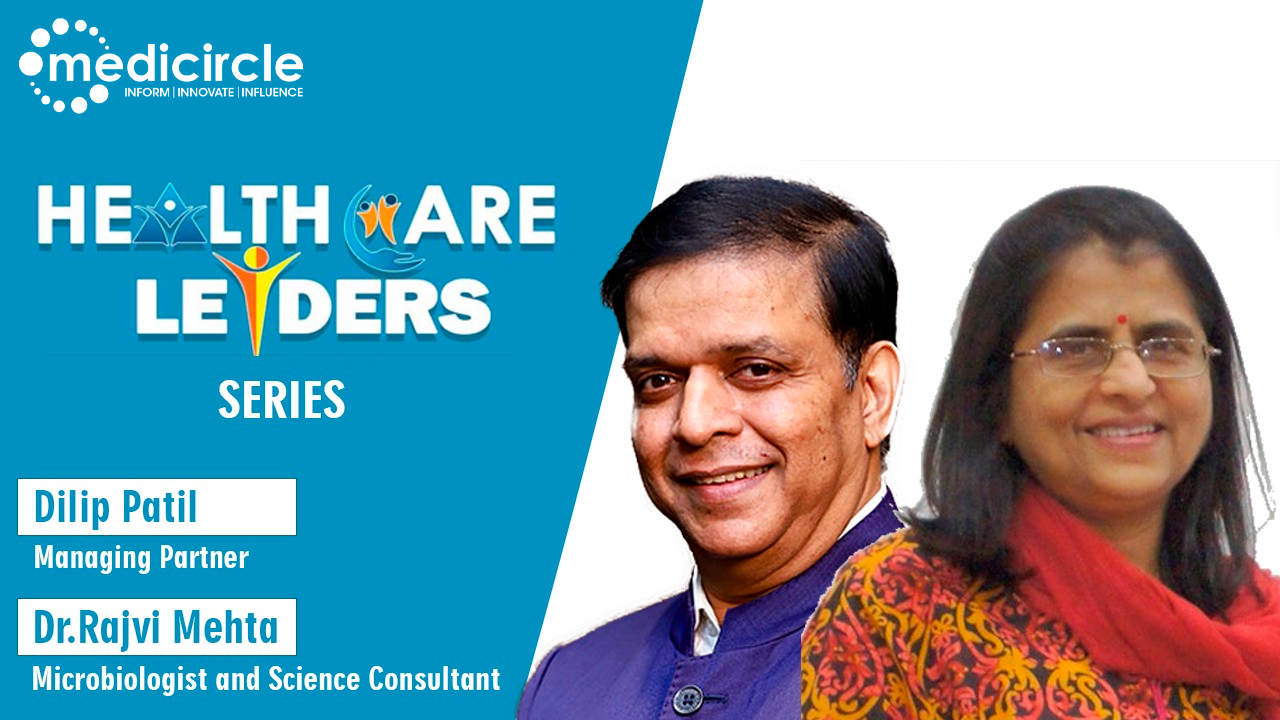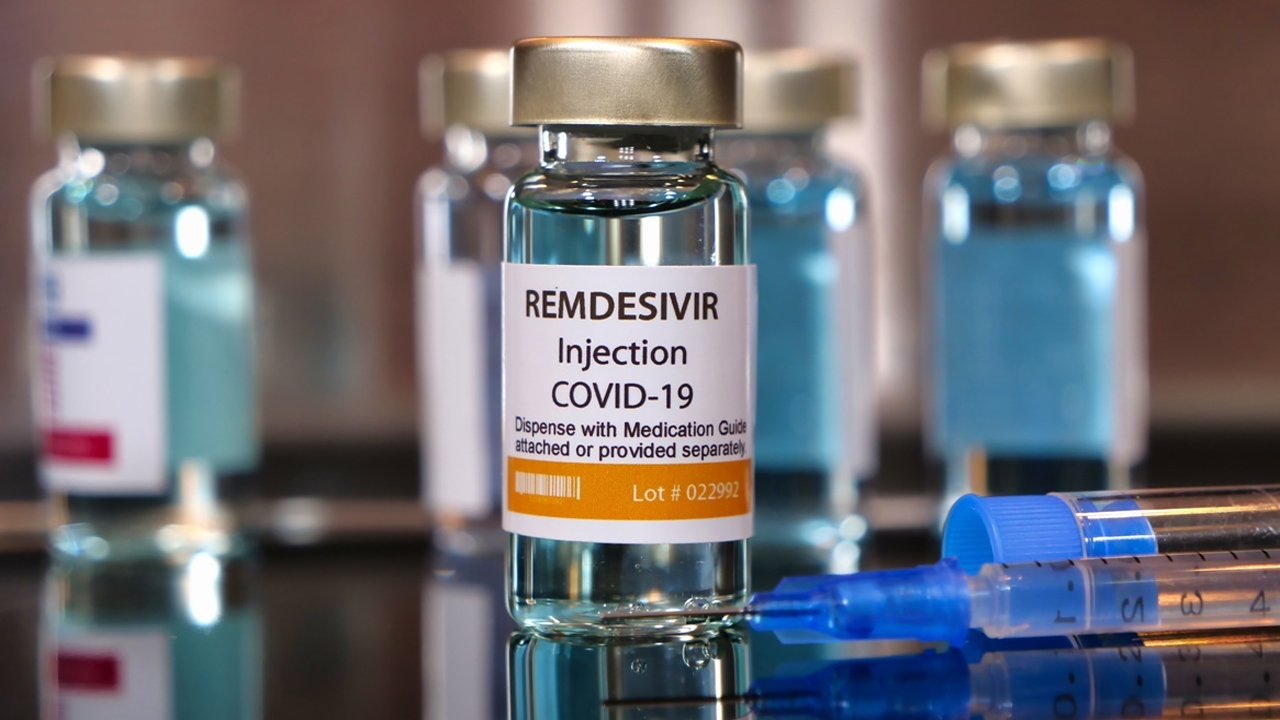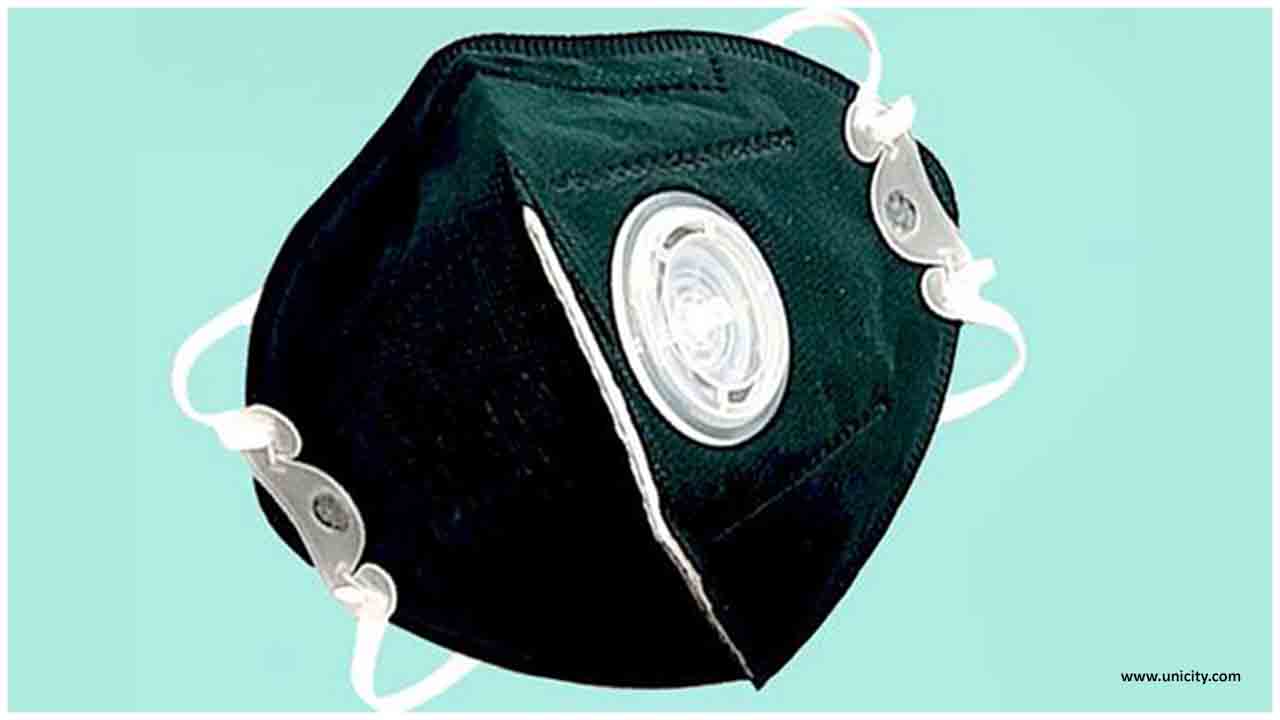During the early 1900s and many years after that, people with intellectual impairment were treated with contempt. Society, unfortunately, believed that they would be more prone to criminal activities and needed institutionalization. The places where they were institutionalized were popularly known as insane asylums.
Things have changed for the better now. Unlike in the past, only those people who are severely mentally disabled are kept under medical supervision. The rest of them are allowed to stay with families and friends as it has been realized that they need social support. Society has started relating to them. Thankfully they are no longer the objects of fun. The negative attitude towards them is vanishing. A long time back it was some of the Psychologists starting from Freud who worked relentlessly to revolutionize the way people look at them. It was the process that took many years for the scenario, outlooks, and treatments to change.
Over the time many bills recognizing the rights of the intellectually impaired people started getting passed across the nations. Due to this, the section of people who were earlier considered a burden on society is now our responsibility. In today’s modern society, right from the government, different political parties, and NGOs have made caring for the intellectually impaired an important agenda. Benefits like rehabilitation grants, allowances to them and their families, right to education, and scholarship have been worked out for them. Several laws and acts have got framed for their benefit.
“The Handbook for Parents of Children with Disability” puts forward many actions that have been taken for the betterment of the intellectually impaired segment of our society. To sum it up we look at the UN Declaration on the Rights of Mentally Retarded Persons, we would find that this Declaration sets the ground for the basis of protection of their rights internationally. This Declaration has been captured in “The Handbook for Parents of Children with Disability” and is as follows:
“1.The mentally retarded person has, to the maximum degree of feasibility, the same rights as under human beings.
2.The mentally retarded person has a right to proper medical care, physical therapy, and to such education, training, rehabilitation, and guidance which will enable him to further develop his ability, and reach maximum potential in life.
3.The mentally retarded person has a right to economic security and a decent standard of living. He/she has a right to perform productive work or to participate in any other meaningful occupation to the fullest possible extent of capabilities.
4.Whenever possible, the mentally retarded person should live with his own family or with his foster parents and participate in different forms of community life. The family with which he lives should receive assistance. If institutional care becomes necessary then it should be provided in surroundings and circumstances as much closer as possible to that of a normal lifestyle.
5.The mentally retarded person has a right to a qualified guardian when this is required to protect his well-being or interests.
6.The mentally retarded person has a right to get protection from exploitation, abuse, and degrading treatment. If prosecuted for any offense; he shall have the right to the due process of law, with full recognition being given to his degree of mental responsibility.
7.Whenever mentally retarded persons are unable (because of the severity of their handicap) to exercise their rights in a meaningful way or it should become necessary to restrict or deny some or all of their rights then the procedure(s) used for that restriction or denial of rights must contain proper legal safeguards against every form of abuse. This procedure for the mentally retarded must be based on an evaluation of their social capability by qualified experts, and must be subject to periodic review and a right of appeal to the higher authorities,” quotes "The Handbook for Parents of Children with Disability".
Parents and well-wishers should keep the points of the Declaration handy to facilitate the quality of life that the mentally retarded people deserve. There is one pertinent point to note here that though the term “mentally retarded” gets used in writings, it is being promoted as a part of a more understanding attitude to address them as intellectually disabled so that it's less offensive.

 Today people who have mild to severe impairment in intellectual ability are treated with respect by society. They are considered people with special needs. Thanks to the media, celebrity endorsements, and increased level of education; people at large have become more empathetic towards them. However, things were not the same always.
Today people who have mild to severe impairment in intellectual ability are treated with respect by society. They are considered people with special needs. Thanks to the media, celebrity endorsements, and increased level of education; people at large have become more empathetic towards them. However, things were not the same always.












.jpg)






.jpeg)

.jpeg)










.jpg)




.jpg)

